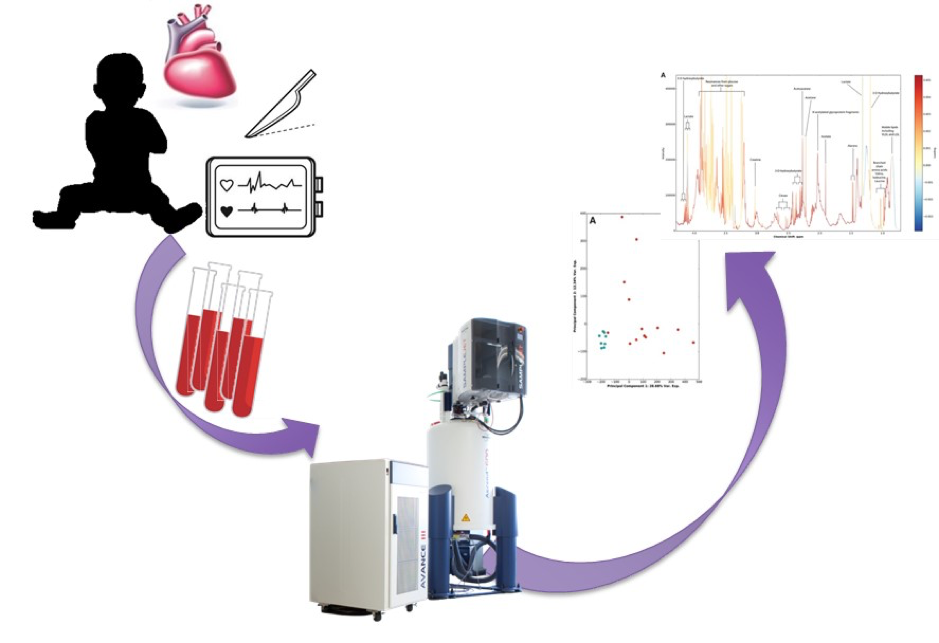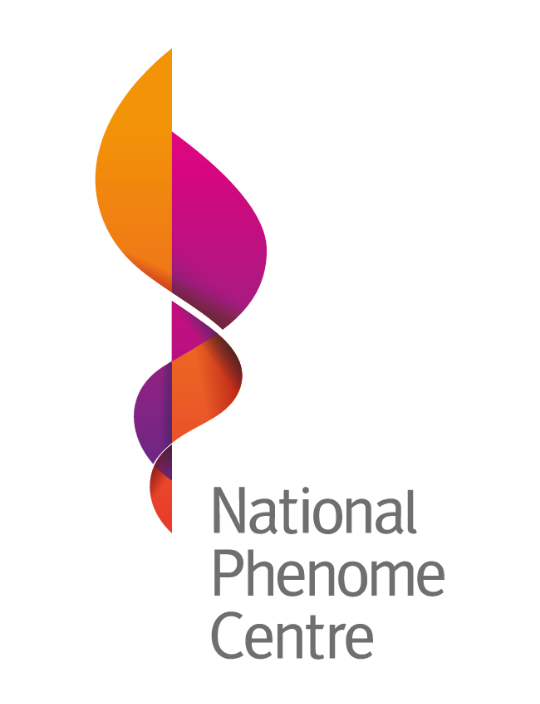
Surgery for Congenital Heart Disease in Children: How do we manage the post-operatory treatment?
Congenital heart disease affects 1% of children and about 33% require surgery in early childhood. This surgery is challenging not only because of the young age of the patients but also because their abnormal circulatory physiology, altered blood flow and hypothermia during cardiopulmonary bypass, and the trauma of surgery may cause splanchnic hypoperfusion and tissue ischemia-reperfusion. The consequences of this dysregulation of homeostatic pathways include severe organ failure and ultimately morbidity.
Understanding the interaction between homeostatic derangement and host organ failure in severe illness is essential to improve diagnostic accuracy and patient stratification. Objective clinical parameters are required to help with patient management and treatment design.
Can post-operative treatment be tailored on the bases of patient’s metabolic profile?
Blood plasma of 36 patients undergoing surgery was collected at different time points and analysed using 1H NMR spectroscopy and multivariate statistics.
The metabolic profiles and cytokine panels of the patients were mapped to assess whether there was any common pattern of recovery/health state to be tracked. Each patient’s metabolic response took a unique trajectory that demonstrated distinct phases relating to the pre-/postoperative stage. Severity of surgery and critical illness affected the nature of the postoperative metabolic trajectory and its return to baseline.

This study suggests that metabolic profiling could be a clinically relevant tool for stratifying patient responses to congenital heart surgery.
A second phase of this study is currently being analysed in the Phenome Centre exploring the metabolic phenotype of children in critical care with gut injury and dyshomeostasis. This will allow us to define whether the biomarkers identified are related to critical care children or are specific of one of the two conditions. The next stage of this project is to validate the results that were obtained to confirm the panel of cytokines and metabolites that were observed, as well as assess different clinical factors that will allow a better stratification of children undergoing surgery for congenital heart disease.
Metabolome to Product
Establish a panel of metabolites with the aim of developing a point of care diagnostic kit which predicts clinical outcome and will help design post-operative treatment to prevent organ failure and reduce mortality rate.
Acknowledgements: Infrastructure support was provided by the National Institute for Health Research (NIHR) Imperial Biomedical Research Centre (BRC)
Return to Case Studies